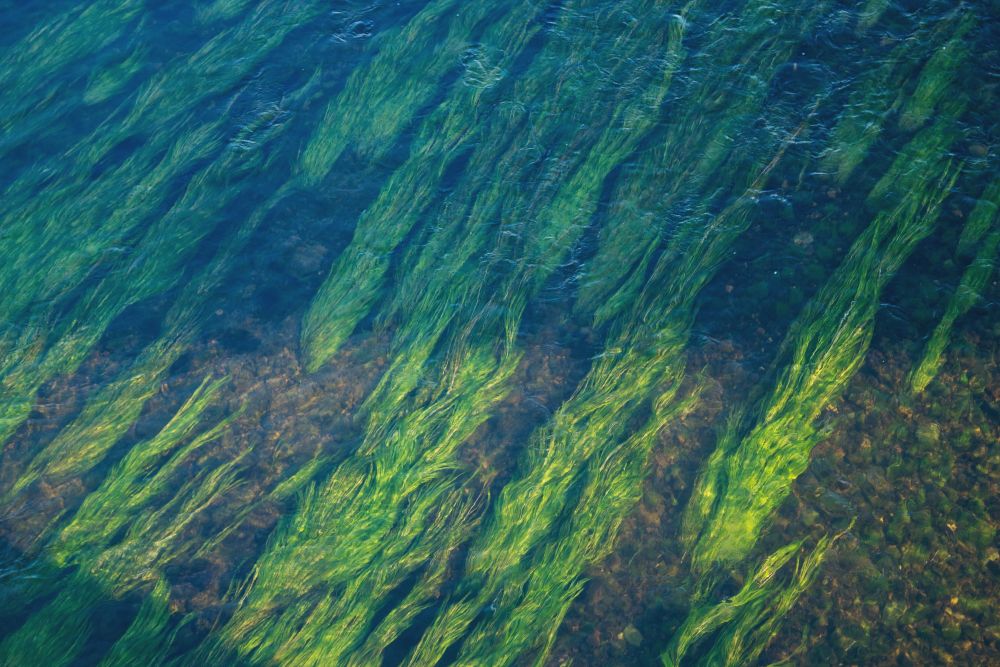Researchers make advancements in renewable ‘algae power’
The capacity for algae to generate electricity has taken a step forward thanks to new research from the University of Cambridge.

The capacity for algae to generate electricity has taken a step forward thanks to new research from the University of Cambridge.
During the process of photosynthesis, microorganisms, such as algae, produce electrons which can be exported outside their cells and harnessed to supply electricity.
The manufactured devices which make this possible, called biophotovoltaics, have grown in prominence in recent years as an alternative way of harvesting solar energy.
To date, the devices have been limited by the amount of power they can contain, but the team of researchers have developed a new design to improve efficiency. By separating out the charging and delivery components, the device is able to produce five times more power. In addition, it allows the original charge to be stored rather than having to be used immediately, an extremely valuable property for any renewable technology.
“Separating out charging and power delivery meant we were able to enhance the performance of the power delivery unit through miniaturisation,” explains Professor Tuomas Knowles from the Department of Chemistry and the Cavendish Laboratory.
“This a big step forward in the search for alternative, greener fuels,” says Dr Paolo Bombelli, from the Department of Biochemistry. “We believe these developments will bring algal-based systems closer to practical implementation.”
However, the increase in power is still only one-tenth of what a conventional solar fuel cell can provide, which means that the technology is still not suitable for a large-scale power grid.
Professor Christopher Howe explains that there are other benefits: "While conventional silicon-based solar cells are more efficient than algae-powered cells in the fraction of the sun’s energy they turn to electrical energy, there are attractive possibilities with other types of materials. “In particular, because algae grow and divide naturally, systems based on them may require less energy investment and can be produced in a decentralised fashion".
